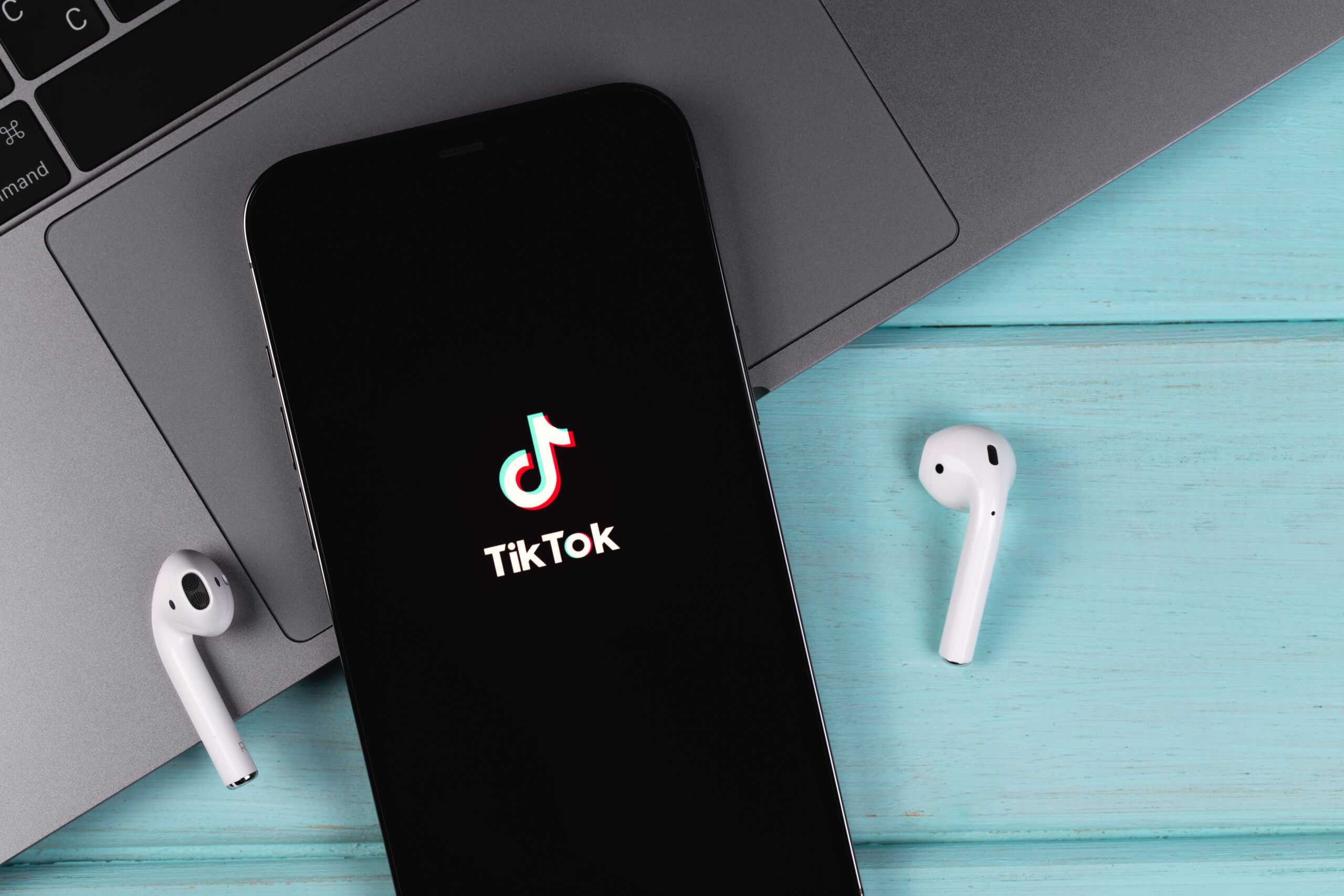Over the past couple of years, TikTok has exploded onto the scene, garnering well over a billion users globally and becoming the social platform of choice for many younger consumers. There’s been no slowdown either, as TikTok reportedly was the top app in mobile downloads worldwide during the first quarter of 2022, and the app has seen more downloads than any other since 2018. With a vast, highly engaged audience, TikTok is now exploring how to better monetize its users, and it would seem that gaming could play a major role, as the company has begun testing in-app games in Vietnam, according to Reuters.
Offering free-to-play games through its app would be a relatively easy way for TikTok to boost advertising revenues. In fact, the predecessor to TikTok in China, Douyin, already features games, and TikTok reportedly is looking to leverage the gaming properties that its parent company ByteDance already owns. The company also previously announced a partnership with Zynga to make Disco Loco 3D, an endless runner style game.
Gaming’s influence on media and entertainment has become pervasive. Facebook introduced an app for gaming (both playing and watching) back in 2020, and Netflix has launched its own games business, acquiring numerous studios in the process. TikTok fully understands how important gaming culture could be to its business. The company is also investigating how it can get more involved with game-related live-streaming and offering games that streamers could play with their viewers.
How far TikTok’s gaming ambitions stretch is unclear at the moment. Testing new features in Vietnam makes sense since 70% of the country’s population is under the age of 35, Reuters noted. Should TikTok ultimately decide to bring more robust in-app gaming to its audience in the US, Interpret data shows that it would likely resonate.
According to Interpret’s New Media Measure®, while half of the US population plays mobile games for at least an hour each week, TikTok users over index on mobile gaming with 65% of its users playing. That figure edges out the mobile gaming portions of both Twitter and Instagram audiences and is a good deal higher than Facebook’s mobile gaming audience.




